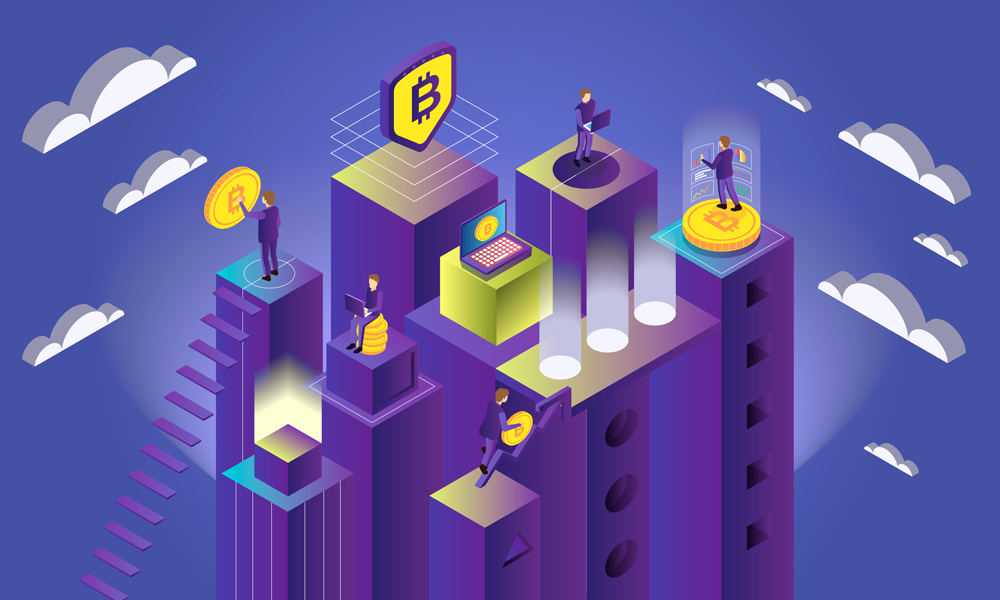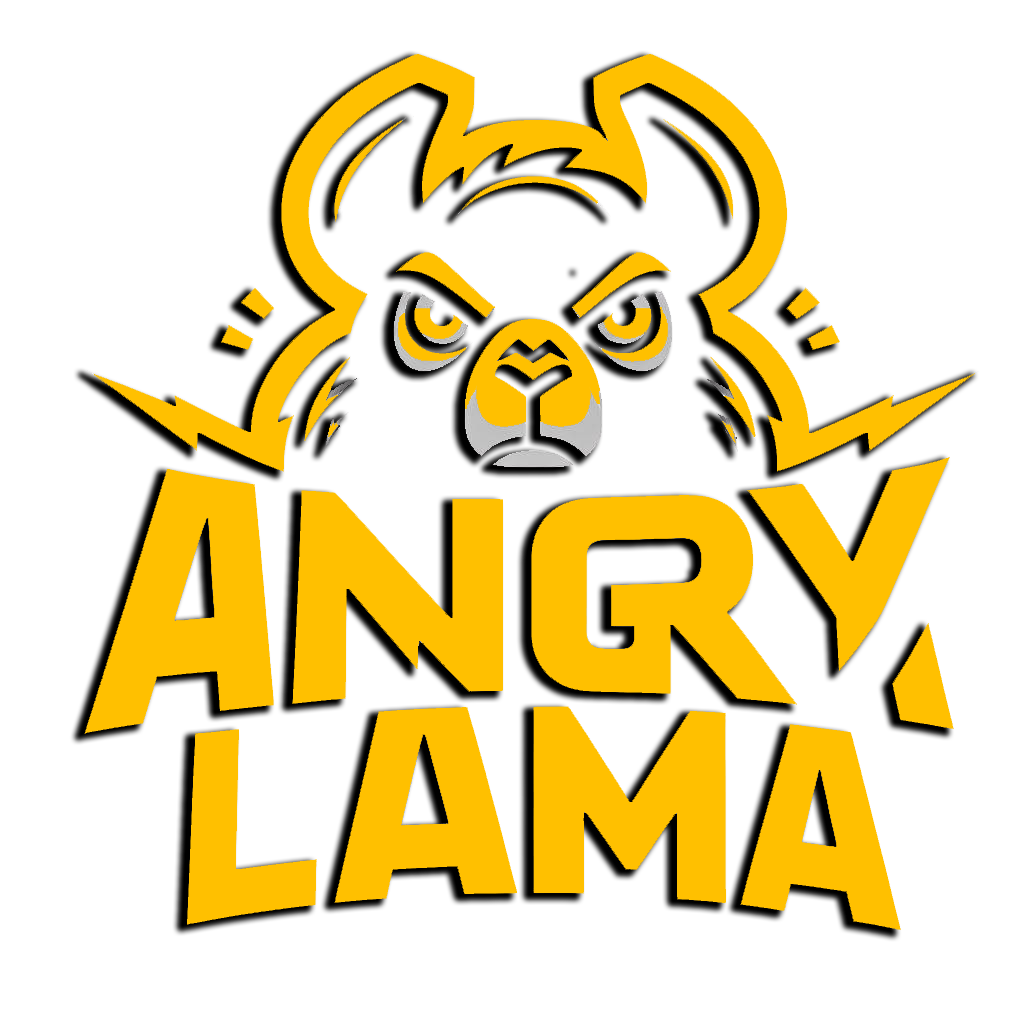Blockchain Technology
Blockchain Technology has emerged as a groundbreaking innovation with the potential to reshape industries and transform the way we conduct transactions and share data. Its decentralized and immutable nature provides a secure and transparent platform that eliminates the need for intermediaries, reduces friction, and enhances trust. With its ability to ensure data integrity, streamline processes, and enable peer-to-peer transactions, blockchain is widely regarded as the future of technology. Blockchain’s impact stretches across various sectors, including finance, supply chain management, healthcare, and more. In the financial industry, blockchain has the potential to revolutionize cross-border payments, reduce transaction costs, and provide financial inclusion to the unbanked. In supply chain management, blockchain can enhance transparency, traceability, and efficiency, ensuring the authenticity and provenance of products. The healthcare industry can benefit from blockchain’s secure and interoperable data sharing, improving patient privacy, and streamlining medical records management. These examples demonstrate the immense potential of blockchain to disrupt and optimize existing systems.
Our team has used this high potential of blockchain in the field of gaming and earning and we have provided a platform where you can earn money in addition to playing and having fun. You can download our TanKash game here and know more about us.
The future of blockchain lies in its ability to foster innovation and create new business models. As more organizations recognize the value of blockchain technology, investments in research and development continue to grow. Startups and established companies alike are exploring blockchain applications, such as decentralized finance (DeFi), non-fungible tokens (NFTs), and decentralized autonomous organizations (DAOs). These developments indicate that the blockchain ecosystem is evolving rapidly and holds tremendous promise for the future. Moreover, the integration of blockchain with emerging technologies such as artificial intelligence (AI), the Internet of Things (IoT), and cloud computing further amplifies its potential. Blockchain can enhance the security, privacy, and efficiency of AI algorithms by providing trusted and auditable data sources. IoT devices can leverage blockchain to establish secure and autonomous communication networks. Cloud computing platforms can utilize blockchain’s decentralized architecture to enhance data storage and privacy. These synergies between blockchain and other technologies create a powerful ecosystem that drives innovation and opens up new horizons.

While blockchain technology still faces challenges and barriers to widespread adoption, the momentum behind its development and implementation is undeniable. Governments, enterprises, and individuals are recognizing the transformative impact of blockchain and are actively exploring its potential applications. As the technology continues to mature, scalability improves, and regulatory frameworks are established, blockchain is poised to become an integral part of our digital infrastructure. The future of technology is undoubtedly intertwined with the immense possibilities offered by blockchain, and its continued evolution will shape our world in profound ways.
Blockchain technology is poised to play a significant role in shaping the future across various industries and sectors. Its potential goes beyond just cryptocurrencies, as it offers a range of innovative applications and transformative capabilities that can revolutionize traditional systems and processes. One of the key attributes that makes blockchain appealing for the future is its decentralized nature. Traditional systems rely on centralized authorities or intermediaries for verification and trust. In contrast, blockchain operates on a distributed ledger, where multiple participants validate and record transactions. This decentralized approach enhances transparency, reduces the risk of fraud, and increases trust among participants.
Blockchain also introduces the concept of immutability, meaning that once data is recorded on the blockchain, it cannot be altered or tampered with retroactively. This feature ensures data integrity and provides a reliable and auditable record of transactions. Moreover, blockchain technology offers the ability to streamline processes and eliminate intermediaries, which can result in cost savings and increased efficiency. Smart contracts, for example, are self-executing contracts that automatically execute predefined actions when certain conditions are met. These contracts are stored on the blockchain, eliminating the need for intermediaries and reducing the time and costs associated with manual processing.



